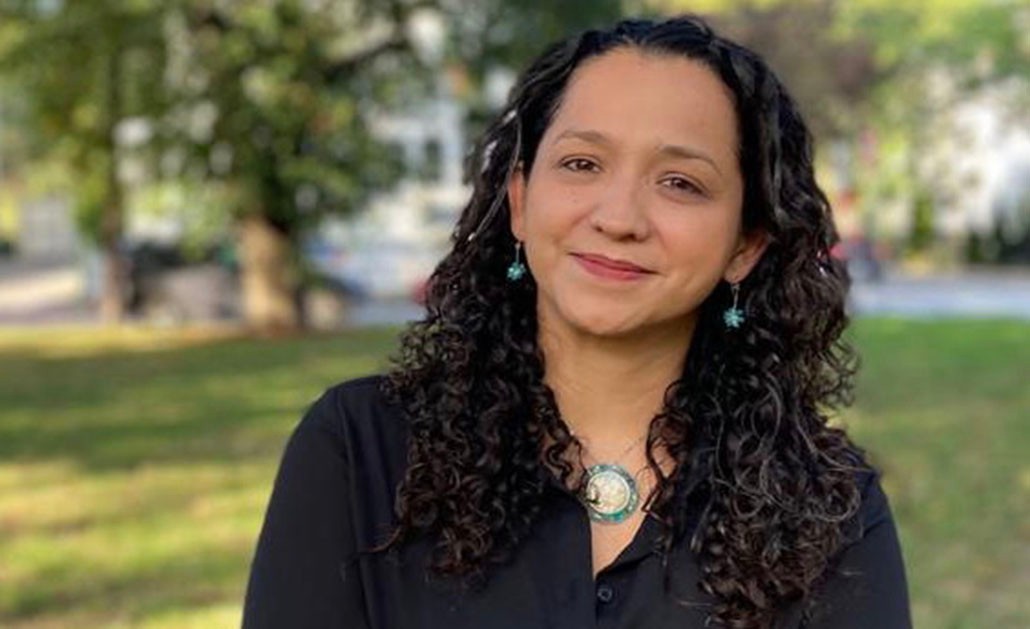“I’m so happy I chose social work. I identify with the field because of my work with the community in Venezuela.”
Her clients in Venezuela ran the gamut of economic security, from the rich to the poor. Some had been sexually assaulted or buried a child who had been murdered. Others had broken up with a significant other and needed guidance.
“The topics were different,” she says, “but the human suffering was the same.”
Right now, she’s working with a dozen Latinx clients at a health clinic in Somerville, Massachusetts. Many of her patients have been granted Temporary Protected Status, allowed to live and work in the United States for a limited time because of armed conflicts or natural disasters in their countries of origin.
Izquiel says they worry about getting deported or separated from their families. They live in fear of the uncertainty, suffering from anxiety and depression.
“You are not sick. You do not have a mental illness,” she tells her clients. “You’re experiencing a normal response to your situation.”
As part of her internship, Izquiel is writing a paper focused on the benefits of using a client’s native language in psychodynamic therapy. Latinx clients who speak Spanish at home, she says, should have the option to speak Spanish with their therapist.
“Boston College has opened so many windows for me,” says Izquiel. “I’m so excited about this paper.”
She says her classes at BC have prepared her to address the unique challenges Latinx clients face. Learning about immigration, student visas, and Latinx history, she says, have made her a better therapist.
“I knew a lot about clinical work,” says Izquiel, “but this is a whole new world for me.”
She notes that her peers in the LLI have eased her transition to the United States. “We are like a family,” she says. “Even if we are not in the same classroom, we are always supporting each other.”
At BC, she’s found a new home.



